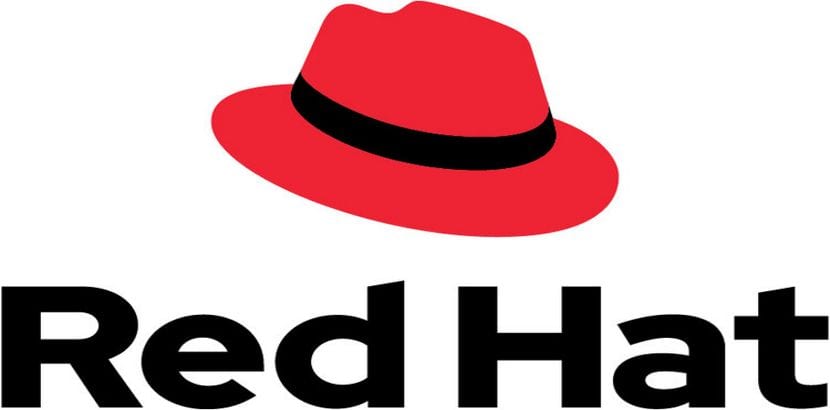
Red Hat has Announced the Release of the New Version of Red Hat Enterprise Linux 8, version in which the technologies used in Fedora 28 were used as the basis to build this new version of Red Hat.
The new branch is notable for changing to Wayland by default, replacing iptables with nftables, updating basic components (kernel 4.18, GCC 8), using the DNF package manager instead of YUM, using the modular repository, discontinuing support for KDE and Btrfs.
What's New in Red Hat Enterprise Linux 8
In this new version of the distribution, its main features include: Gnome 3.28 as the default desktop using Wayland-based display server predetermined.
Though also contains an environment based on X.Org Server which is available as a secondary option.
With Gnome by default, KDE desktop environment packages are excluded from the list and only Gnome support remains.
Also stands out GCC 8.2qIt is used as the default compiler and the Glibc system library has been updated to version 2.28.
Red Hat Enterprise Linux 8, has a Separation into BaseOS base repository and AppStream modular repository.
In BaseOS, the minimum set of packages required for system operation is distributed, everything else is transferred to the AppStream repository.
AppStream can be used in two versions: as a classic RPM repository and as a repository in a modular format.
The modular repository offers sets of rpm packages grouped into modules, which are maintained regardless of distribution versions.

Modules can be used to install alternate versions of a specific application (for example, you can install PostgreSQL 9.6 or PostgreSQL 10).
The modular organization allows the user to switch to new major versions of the application without waiting for the new version of the distribution kit and to stay on the old, but still compatible versions, after updating the distribution kit.
The modules include the base application and the libraries necessary for their work (other modules can be used as a dependency).
Other changes
Red Hat Enterprise Linux 8 adds the default implementation of the programming language python 3.6, while in this version there will be limited support for Python 2.7.
Since in Red Hat Enterprise Linux 8, as well as the new versions of the different Linux distributions, a migration to Python 3.x is beginning, since version 2.x has become obsolete.
Regarding the system tools, we can highlight the addition of the Stratis Toolkit, It provides the means to unify and simplify the configuration and management of a group from one or more local drives.
Stratis is implemented as a layer (stratisd daemon) built on top of the devicemapper and XFS subsystem, and allows you to use features such as dynamic allocation of storage space, snapshots, ensure integrity and create layers for caching, without an expert in storage management.
And as mentioned at the beginning, Iptables, ip6tables, arptables, and ebtables were replaced by nftables, which is now used by default and is notable for unifying the packet filtering interfaces for IPv4, IPv6, ARP, and network bridges.
At the kernel level, Nftables provides only a generic interface that is independent of a specific protocol and provides basic functions to extract data from packets, perform data operations, and control flow.
Of the other changes that we can highlight:
- The Anaconda installer added support for installing the system on NVDIMM drives.
- Added the new Composer utility, which provides tools to create custom boot system images suitable for deployment in multi-platform cloud environments.
- Support for the Btrfs file system has been removed. The composition no longer includes the btrfs.ko kernel module, the btrfs-progs utilities, and the snapper package;
- Provided system-wide support for smart cards and HSMs (Hardware Security Modules) with PKCS # 11 cryptographic tokens.
Si you want to know the complete list of what this new version of Red Hat Enterprise Linux 8 offers you can visit the following link.
Wait for the release of Centos 8 / Oracle 8 !!